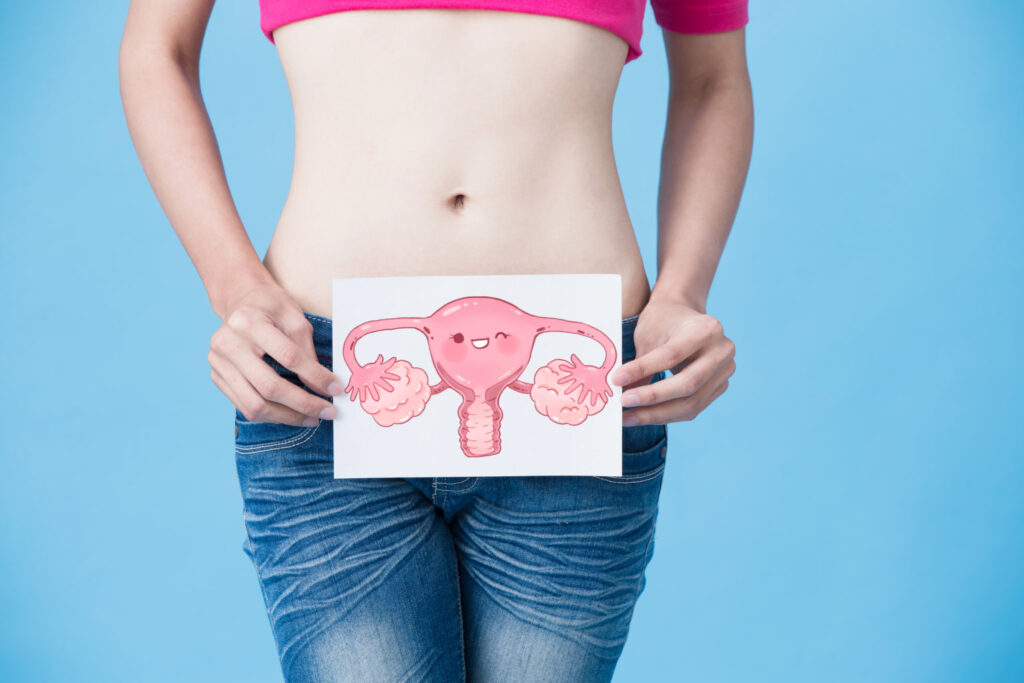
One of the most prevalent malignancies in women worldwide is cervical cancer. The cervix, or little gap between the uterus and the vagina, is where it forms. A woman’s reproductive system depends heavily on the cervix, and any unnatural development or alteration in its cellular makeup might result in cancer. Thankfully, cervical cancer can be avoided with early identification and the right treatment.
In this blog post, we will discuss tips for a healthy lifestyle and self-care that can help prevent cervical cancer. It’s important to prioritize your health and take steps to reduce your risk of developing cancer. With that in mind, let’s dive into some tips for cervical cancer prevention through healthy living and self-care brought to you by Cancer Care Pune.
- Get regular Pap tests –
Getting routine Pap smears is one of the best strategies to avoid cervical cancer. A Pap smear is a screening test that can identify alterations in cervix cells that could be signs of cervical cancer. A small sample of cervix cells is taken for the test, and those cells are then examined under a microscope. The examination can be completed in a doctor’s office and is quick and painless.
Every three years, women between the ages of 21 and 65 are advised to have a Pap smear. Women who have previously received abnormal findings may require more regular testing. A crucial tool in the early detection and prevention of cervical cancer is the pap smear.
- Take a vaccine –
A sexually transmitted virus called the human papillomavirus (HPV) has been linked to cervical cancer. More than 100 different varieties of HPV exist, and some of them can lead to cancer. The most prevalent strains of HPV that cause cervical cancer can be prevented securely and efficiently with the HPV vaccine.
The vaccination can be administered to anyone up to the age of 26, however, it is advised for boys and girls between the ages of 11 and 12. Over six months, the vaccination is administered in three doses. Other cancers like anal, penile, and throat cancer can also be prevented by the vaccine.
- Practice Safe Sex –
Another critical component in preventing cervical cancer is safe sex behaviour. Since HPV is transmitted through sexual contact, using condoms can significantly lower your chance of acquiring the virus and other STDs. Condom use does not completely stop the spread of HPV, and skin-to-skin contact is still a potential route for its dissemination.
Having fewer sexual partners can also lessen the chance of getting HPV. A person has a higher risk of getting HPV and getting cervical cancer if they have more sexual partners.
- Quit smoking –
Smoking increases the risk of developing several cancers, including cervical cancer. Cervical cancer in women is twice as likely to occur in smokers as in non-smokers. Smoking can impair immunity, which makes it more difficult for the body to fight off cancer cells.
Although giving up smoking might be challenging, it can significantly lower your risk of developing cervical cancer as well as many other health issues. To stop smoking, there are various services available, such as counselling, support groups, and nicotine replacement treatment.
- Eat a balanced diet
A nutritious diet is important for overall well-being and can lower the risk of several cancers, including cervical cancer. Fruits, vegetables, whole grains, and lean proteins should make up a large portion of any healthy diet. Antioxidants and other minerals found in abundance in these meals can help your body fend off cancer and other ailments.
Cruciferous vegetables, such as broccoli, cauliflower, and cabbage, contain substances that can help prevent cancer.
• Berries rich in antioxidants, like blueberries and strawberries, can help the body fend off cancer.
• Because they are high in fibre and can lower the risk of cancer, legumes like beans and lentils are a good choice.
• Vitamin C-rich foods like oranges and kiwis can strengthen the immune system.
- Workout regularly
Another crucial element of a healthy lifestyle that can help prevent cervical cancer is exercise. Regular exercise helps strengthen the immune system, helps you maintain a healthy weight, and reduces inflammation. All of these elements can help lower the risk of cancer.
The American Cancer Society advises engaging in 75 minutes of intense activity or 150 minutes of moderate exercise per week. This can involve exercises like cycling, swimming, or brisk walking.
- Reduce Stress
Chronic stress can harm the immune system, making it more difficult for the body to combat cancer cells. Deep breathing, yoga, and other methods of learning to handle stress can help lower the risk of cervical cancer.
Spending time in nature, listening to music, or indulging in creative endeavours like writing or art are additional ways to relieve stress. It’s crucial to figure out what works for you and include these activities in your daily schedule.
- Obtain Enough Rest
A healthy lifestyle includes getting adequate sleep, which can also lower the risk of developing cancer. Lack of sleep can weaken the immune system, which makes it more difficult for the body to fight cancer cells. Adults should ideally sleep for 7-9 hours per night.
Setting up a nightly regimen can help you sleep better. This can involve relaxing before night, staying away from devices for at least an hour before bed, and setting up a cosy sleeping space.
- Maintain proper hygiene
It is possible to stop the spread of HPV and other diseases that can result in cervical cancer by maintaining adequate hygiene. This entails often washing your hands, abstaining from exchanging private goods and maintaining a dry, clean genital area.
- Understand your ancestry
You may be more likely to get the disease if you have a family history of cervical cancer. Consult your doctor about your family’s medical history and any preventative measures you can take.
- Keep yourself informed
Making informed decisions about your health can be aided by keeping up with the most recent findings and prevention guidelines for cervical cancer. Any queries or worries you may have regarding cervical cancer prevention should be brought up with your doctor.
Conclusion –
In conclusion, early detection and proper care are key to preventing cervical cancer. Follow these tips: regular pap smears, vaccination, safe sex, no smoking, healthy diet, exercise, stress management, good hygiene, family history awareness, and staying informed. If diagnosed, seek treatment promptly. Cancer Care Pune, led by Dr. Jagdish Shinde, provides advanced treatments for cervical cancer and other cancers. Their compassionate team delivers personalized care.
For more information visit: https://www.cancercarepune.com/




